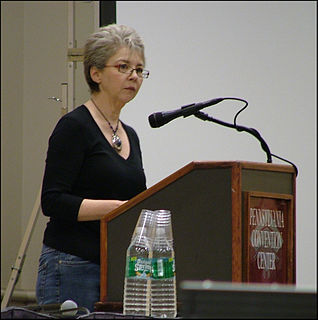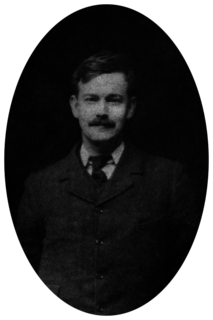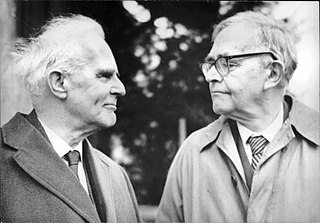A Quote by Thomas Merton
The monk in hiding himself from the world becomes not less than himself, not less of a person, but more of a person, more truly and perfectly himself: for his personality and individuality are perfected in their true order, the spiritual, interior order.
Related Quotes
Distraction is our habitual state. Not the distraction of the person who withdraws from the world in order to shut himself up in the secret and ever-changing land of his fantasy, but the distraction of the person who is always outside himself, lost in the trivial, senseless, turmoil of everyday life.
Only to the extent that someone is living out this self transcendence of human existence, is he truly human or does he become his true self. He becomes so, not by concerning himself with his self's actualization, but by forgetting himself and giving himself, overlooking himself and focusing outward.
A person is either himself or not himself; is either rooted in his existence or is a fabrication; has either found his humanhood or is still playing with masks and roles and status symbols. And nobody is more aware of this difference (although unconsciously) than a child. Only an authentic person can evoke a good response in the core of the other person; only person is resonant to person.
Maybe that's the way to tell the dangerous men from the good ones. A dreamer of the day is dangerous when he believes that others are less: less than their own best selves and certainly less than he is. They exist to follow and flatter him, and to serve his purposes. A true prophet, I suppose, is like a good parent. A true prophet sees others, not himself. He helps them define their own half-formed dreams, and puts himself at their service. He is not diminished as they become more. He offers courage in one hand and generosity in the other.
He who does not meditate acts as one who never looks into the mirror and so does not bother to put himself in order, since he can be dirty without knowing it. The person who meditates and turns his thoughts to God who is the mirror of the soul, seeks to know his defects and tries to correct them, moderates himself in his impulses and puts his conscience in order.
He who asks to receive his daily bread does not automatically receive it in its fullness as it is in itself: he receives it according to his own capacity as recipient. The Bread of Life (cf. Jn. 6:35) gives Himself in His love to all who ask, but not in the same way to all; for He gives Himself more fully to those who have performed great acts of righteousness, and in smaller measure to those who have not achieved so much. He gives Himself to each person according to that person's spiritual ability to receive Him.
The name, his true name, was weaker and more flawed than he would have liked, and he hated himself for that, but there was also much to admire within it, and the more he thought about it, the more he was able to accept the true nature of his self. He was not the best person in the world, but neither was he the worst.


































